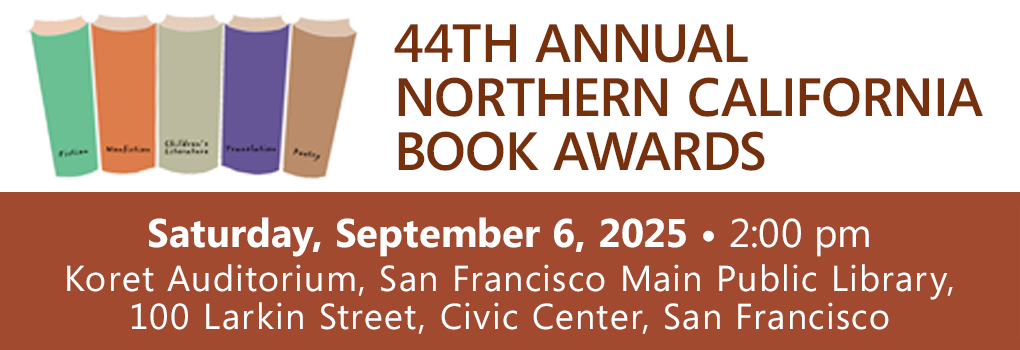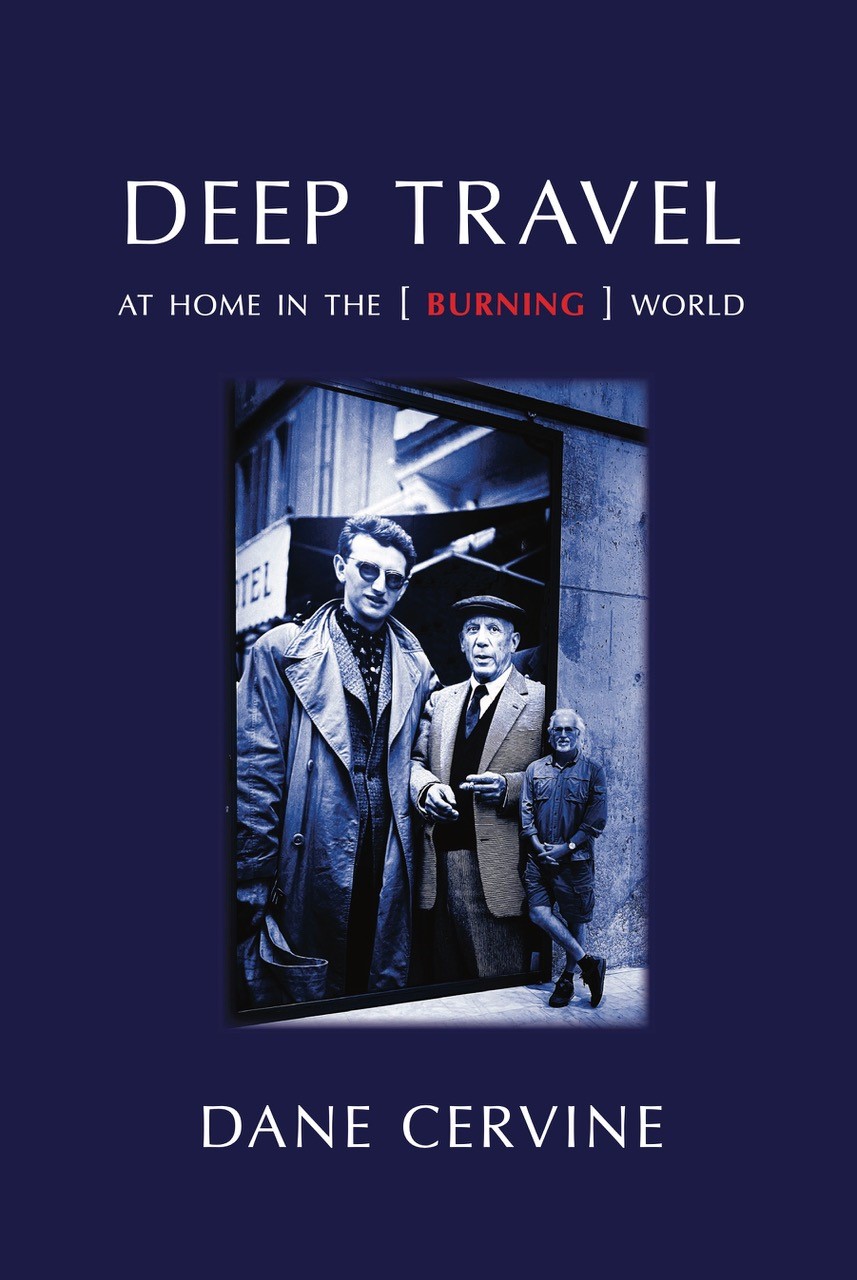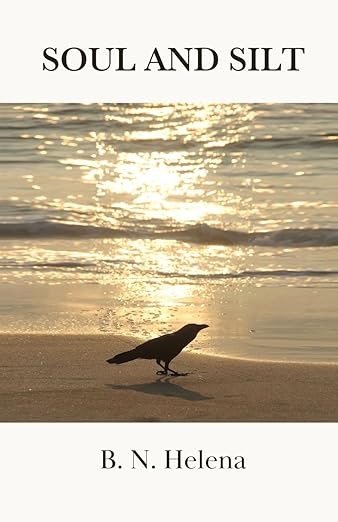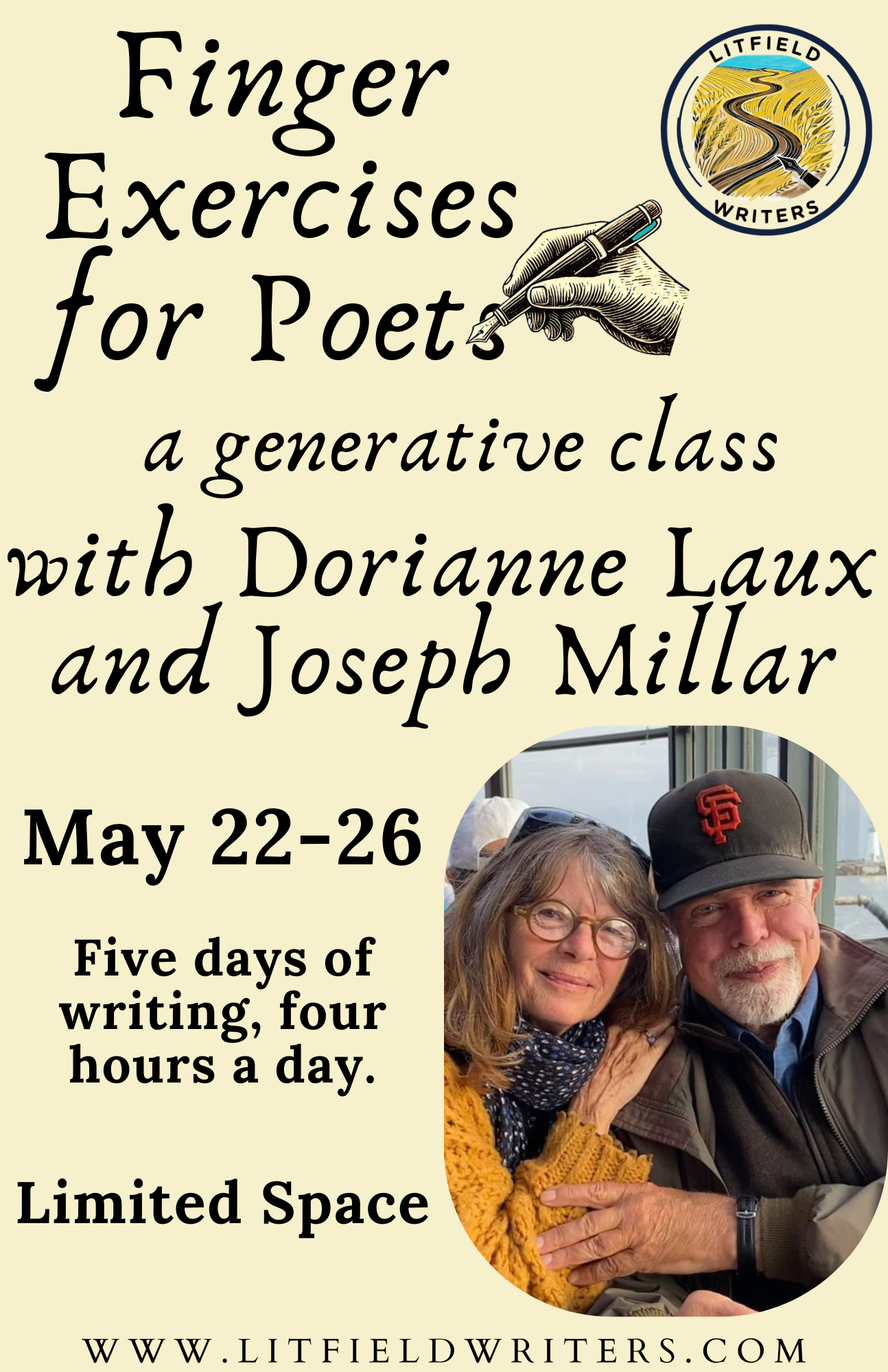
The Existential Question
by Andrew Joron
Are You Afraid?, Brian Strang, Duration Press, 2022, 80 pages, free online access to the pdf eBook at www.durationpress.com.
POETIC MINIMALISM—spare wording, formal reduction—can sometimes achieve maximal effect, as in the mystical poems of Robert Lax. This holds true for the poetry of Brian Strang, whose minimalism leads not to mysticism but to a sense of rootedness in the hard ground of existence. This immediacy is reflected in the title of his latest volume, Are You Afraid?, whose direct, second-person form of address persists through most of the collection. But one of the striking things about the voice of this collection—and it does possess a unitary voice—is how unafraid it is. Strang's poetry is made to confront the ineluctable reality of what is perceived, no matter how grim, upsetting, or fantastic.
in the palm a shrunken city
breathing from your veins
your heart branches a blue tree
from the center of your chest
from a beveled hole of bone grow
leaves crackling in the ice wind
(from "3. eyewitness", page 69)
The speaker seems unafraid to face the hazards of a highly mutable existence. The poems report on a proliferating reality, one that takes unexpected turns and undergoes metamorphoses, whose import dances just beyond the reach of comprehension. The ambition of these poems is not primarily to comprehend, but to perceive. The voice is unflinching, resolute as it stands its ground against the overwhelming emergencies of being, "the boiling web of [our] belonging." There is relatively little self-testimony here; instead, we find narration of the amazing movements of the world. The stripped-down style of the typography—hardly any punctuation or capital letters—lends an elemental feel to the writing, presenting the reader with the most basic constituents of language, a primal wording that springs forth in a manner as unprecedented as the world itself.
an elm for an elm an alder for ash
in chant an alder and chant of ash
the elder of elm in trance encircled
in light of leaves all alight with light
(from "A Circle of Oaks," pages 37-38)
There's a prophetic tone here that comes with reportage on this level, a coming to terms with what lies behind or beyond belief. Indeed, these poems appear to be sparked by the moment where perception takes precedence over belief. When reality breaks through the unreality of our conventionalized quotidian, it always seems fantastic—and the poems in Are You Afraid? are committed to registering that moment. The lines are alive with startling imagery and sound-play—"harrowed holes for eyes"—and with cadences and refrains that call for ritual drum-beats as accompaniment. There's also a hint of objectivism here as the work engages in the discovery of bare facts that turn out to be revelatory:
on the inside of the glass, outside is the road, inside bedside
beats the ground, slips the air, glass ghosts
three ravens, now three pairs, now flown away.
(from "Everything is True," page 57)
The centerpiece of the collection is a long poem titled "the infinite infant" (as elsewhere, the title remains in lower-case), which consists of a mix of prose and poetry, its four sections alternating between mythic discourse and storytelling in second person. The poem narrates the genesis of a human universe not far from the one envisioned by Blake. Here, the elements—"not four but infinite"—are conjured "in waters of the womb" to give birth to an infant that symbolizes "every possible self: infinite worlds." Even in this mythic or symbolic register, the poet insists on the hard facts of perception: the infant "exists irrefutably, not imagined but actual.… you didn't imagine it, you woke to it." At the conclusion, having witnessed the birth of the "infinite infant," the speaker comes into possession of a "gift" which is "this very instant and nothing more… This is the gift you will receive, a gift of rising song. This is the touch of infinity.…" The second-person form of address is followed fairly consistently through the collection, and it's effective in carrying out the transactionality of our shared existential predicament ("you" being the most transactional pronoun). However, the use of second person here could be ambiguous: is the speaker addressing an Other, or the self-as-Other? The poet overleaps this either-or question to arrive, after all, at a mystical perception of self-in-Other:
everyone is
in every one
everyone is one
every one wonder
(from "One," page 80)
With economy and grace, Strang's poetry transforms hard-won lyrics into an ethics of existence. ![]()
Andrew Joron is author of O0, a book of speculative fiction (Black Square, 2022) as well as numerous poetry collections including The Absolute Letter (Flood, 2017) and Trance Archive (City Lights, 2010). He teaches Creative Writing at San Francisco State University.
— posted JULY 2022







































 So Far So Good: Final Poems, 2014-2018
So Far So Good: Final Poems, 2014-2018  Abandoned Poems
Abandoned Poems 















 Mississippi
Mississippi 



















































































